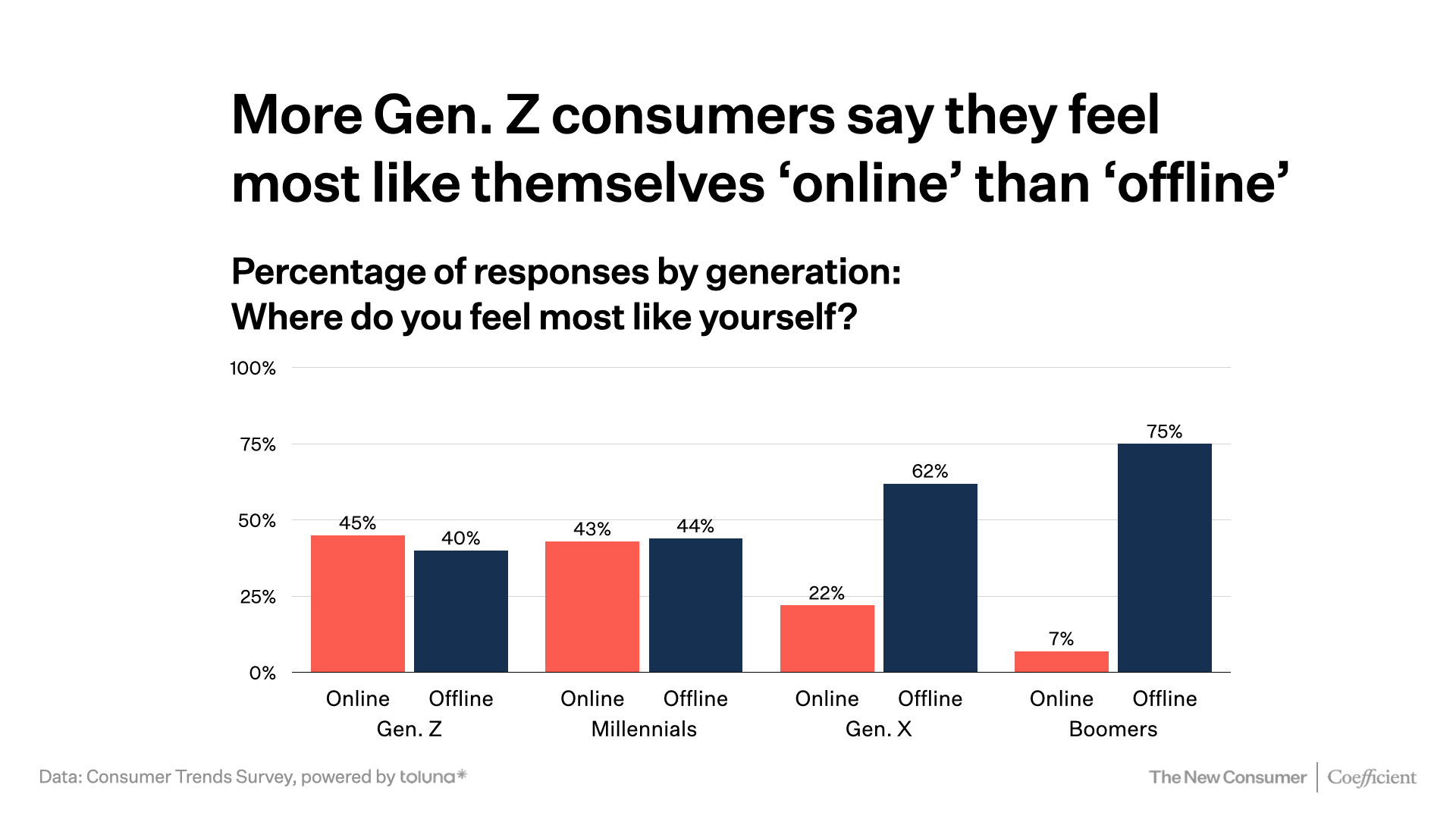By Matt Cohen
We’ve had 10 cohorts of university students come through our RippleX Fellowship program to get their hands dirty learning the ins and outs of startup building and investing. Of the more than 200 students we have worked with, I continue to be amazed at just how equipped they are to start companies or become solid investors.
Data now shows that Gen Z is the first generation that feels more themselves online than offline, and the ramifications are enormous. As true digital natives, their networks are broad and deep, spanning a far more diverse set of people than they’d meet in-person.
Search less. Close more.
Grow your revenue with all-in-one prospecting solutions powered by the leader in private-company data.
In fact, our fellows hardly have any need for the established networks that VCs have touted as value-adds for so long. They’re already plugged into online communities in places like Twitter, Reddit, Discord, and Telegram where some of the most exciting innovation is occurring.

The biggest thing they need is the capital that older generations have accumulated, but even that’s not stopping them from developing workarounds to bring ideas to life.

In the Web3 space, for instance, Gen Z is creating decentralized autonomous organizations to pool funds to support innovation. And they’re fully bought into open sourcing technologies so that problems don’t need to be solved in parallel by different entities; they’re solved once and then shared and iterated upon by others.
Still, these young investors and builders should look to experienced VCs to provide a healthy dose of reality to balance with their excellent noses for opportunity. They’ve spent their young adult lives in a bull market and are now graduating college in the frothiest VC market of all time, so it’s understandable that their sensitivity to risks may not yet be sharpened by experience.
That’s where the mentorship of long-time investors—who have seen and faced startup failure—is needed. By ensuring that young founders appreciate the responsibility to return capital to investors that they assume when they raise rounds, the old guard can help guide them in building sustainable companies. They can also impart decades of accumulated expertise about building legal and accounting foundations or getting financials right when raising funding rounds.
Similarly, young investors can be coached to look closely at the financial fundamentals of startups before succumbing to FOMO in this fast-paced deal environment where all too many VCs are liable to get burned. This gives them a solid basis from which to judge the wide variety of deals that their mentors are not even seeing.
When they nail these pieces of the puzzle, the college students and newly minted graduates I have the privilege to work with are clearly set to drive incredible innovation in slow-to-modernize portions of the economy as well as in industries that hardly yet exist. As they go building and funding the companies of the future, whether in the metaverse or in meatspace, they’d do well to take these lessons from the past to keep them grounded even as they challenge what’s accepted as possible.
Matt Cohen, founder and managing partner at Ripple Ventures, was founding investor of Turnstyle Solutions, which was acquired by Yelp in 2017. He is a frequent contributor to Crunchbase News, having written about why more VCs are becoming startup founders and other topics.
Illustration: Dom Guzman

Stay up to date with recent funding rounds, acquisitions, and more with the Crunchbase Daily.











67.1K Followers